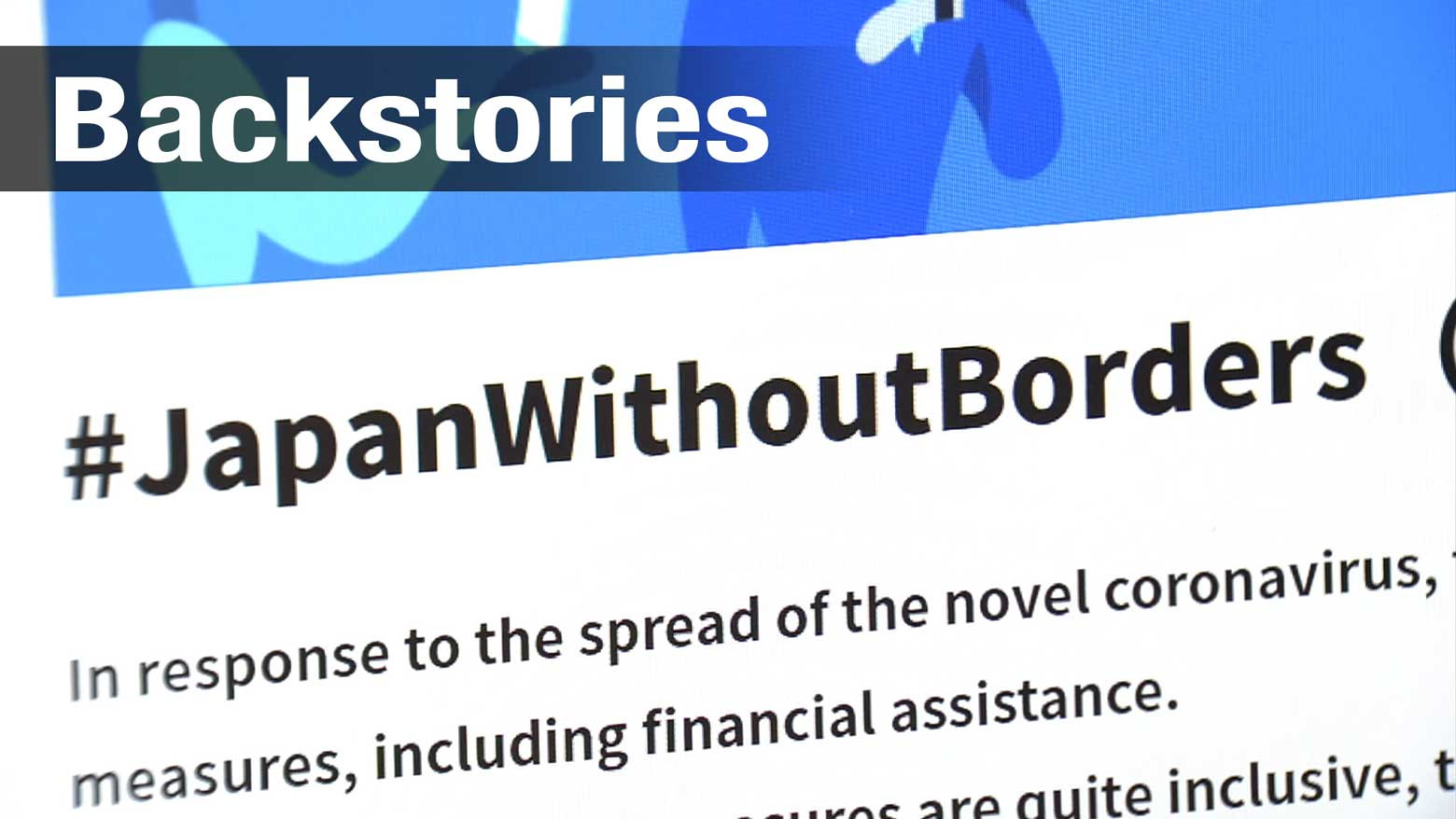Living in a foreign country during a pandemic
In May, Tokyo-based IT engineering human resources company Jellyfish conducted a survey of about 300 foreign residents working in the country. Forty percent said their salaries or work had decreased. Another 11 percent said they had lost their jobs.
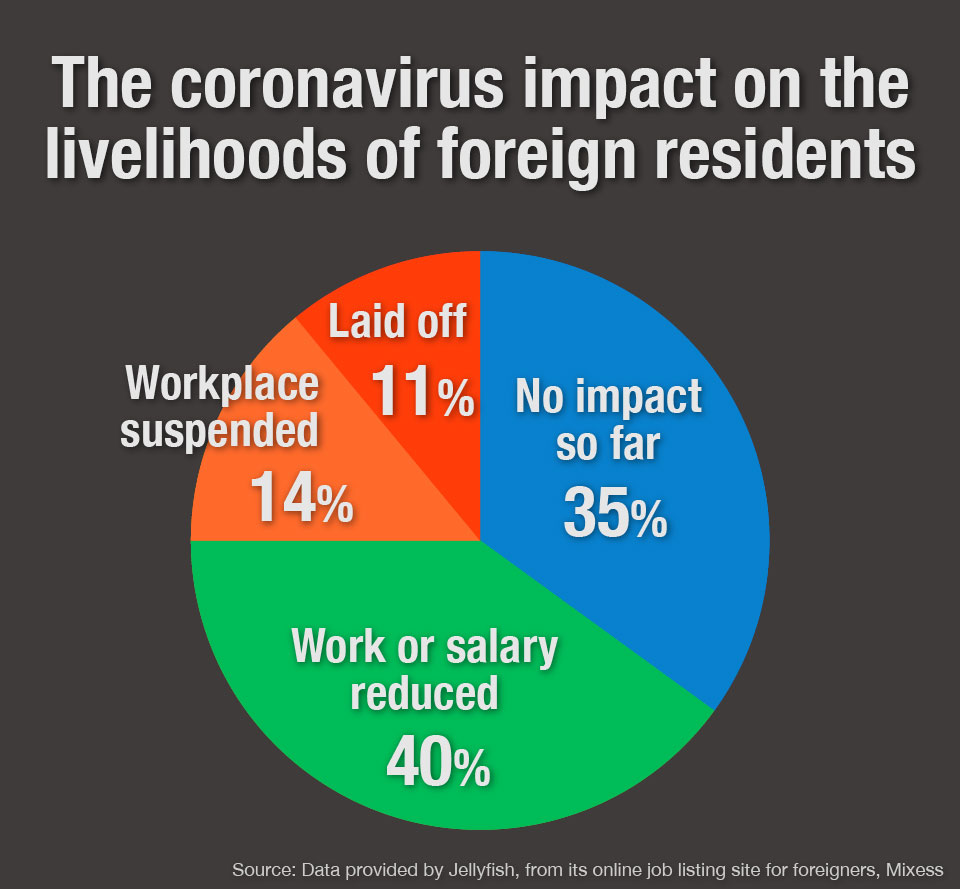
Foreign residents face a range of challenges and concerns as a result of the pandemic.
One man from Bangladesh said he came to Japan as an engineer, but was laid off because his company had to scale down its business. His friend, also from Bangladesh, said he had to give up his part-time job, and had nobody to consult with about how to stay in the country.
A student from the United States said she was concerned about getting proper medical treatment, given that she only speaks basic Japanese.
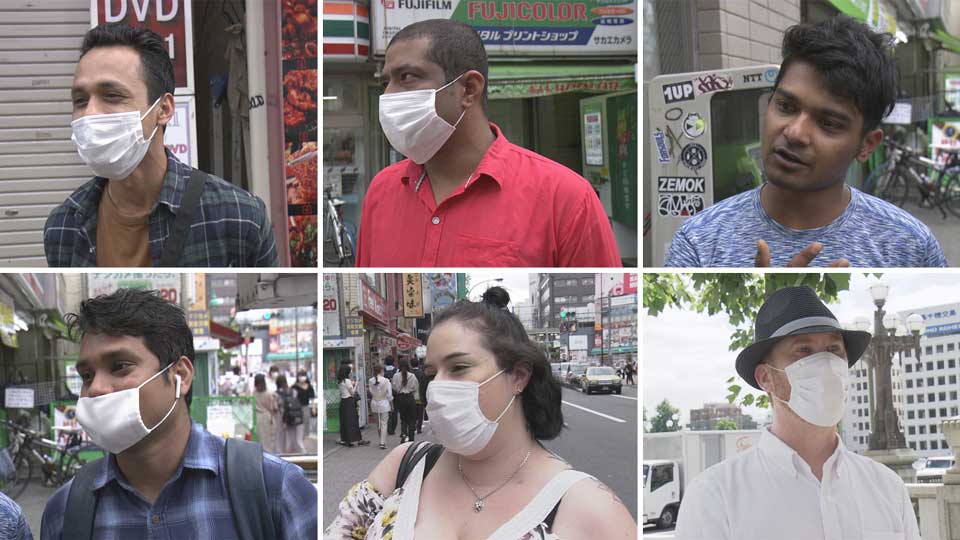
Getting the information out
National and local governments as well as other institutions have been increasing their efforts to disseminate information on the coronavirus in multiple languages. This includes details of medical treatment and government relief packages. But many foreign residents still find it hard to access the resources available.
Okamura Albert, CEO of a start-up called One Visa, recognized this problem. His firm normally helps foreign workers obtain and renew their visas. It receives commissions for this from the firms that employ these workers.
But during the pandemic his staff have shifted their focus and is offering many services for free.
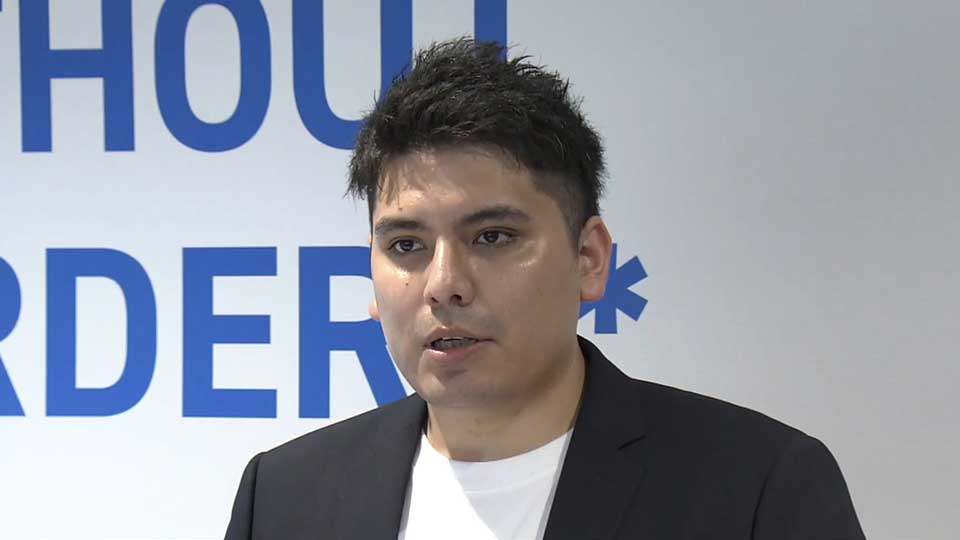
Okamura felt there was an urgent need to create an environment where foreign residents can get the information they need. This would help both citizens and foreign residents live more comfortably together, he said.
He added that he wanted to do something to address a sense of division that the pandemic has opened up.
"I've heard from some people that Japanese nationals should be given the first priority to be helped under this emergency, and foreigners would come second," Okamura said.
He said he worries that such discriminatory attitudes could make daily life worse for foreigners, and eventually make Japanese society less caring.
Japan without borders
Okamura launched the "#Japan without borders" project in May.
Watch video: 03:55
The company teamed up with a translation agency to publish information online on the coronavirus in simple Japanese, as well as Chinese, Korean and English.
It covers things such as how to get a prescription filled without visiting a hospital, and how to access financial aid.
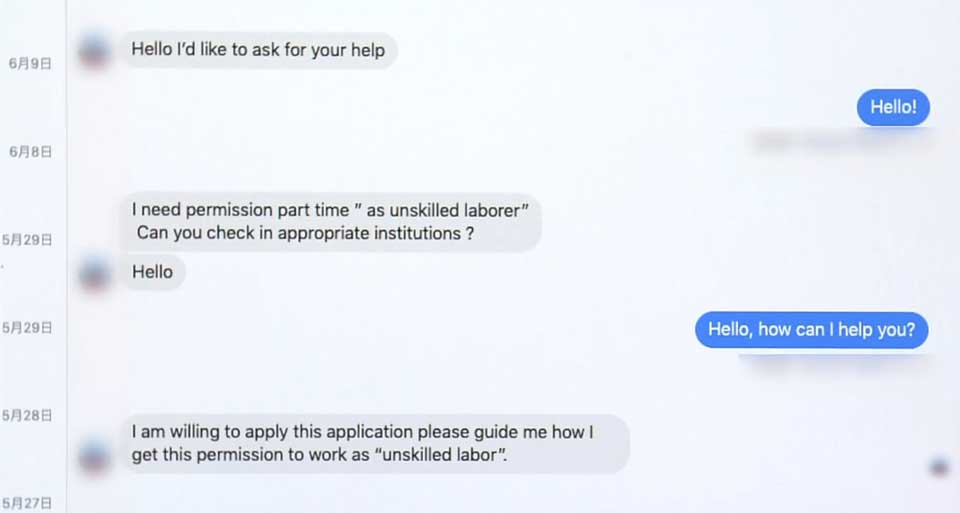
Staff also provide consultations online and by phone. Since the start of the pandemic, they have received 20 times more calls for help than usual.
Menju Toshihiro, managing director of the independent, nonprofit Japan Center for International Exchange, says such initiatives are important because the government is not doing enough on its own.
"The Japanese government has to do more to deliver all kinds of daily living information or emergency messages from foreigners' viewpoints," he said. "They are the ones who supported and contributed much to the country's labor market."
One of the services One Visa provides is accompanying people to government offices and hospitals, free of charge.
A Chinese resident named Jiang Zehua who recently completed a Japanese language course in Tokyo called to ask for help getting an ID card at his ward office. Jiang said he was comfortable with daily Japanese, but unsure about legal terms and other difficult language that government officials use.
He said the service offered by Okamura and his team is a big help, both in terms of language and psychological support.
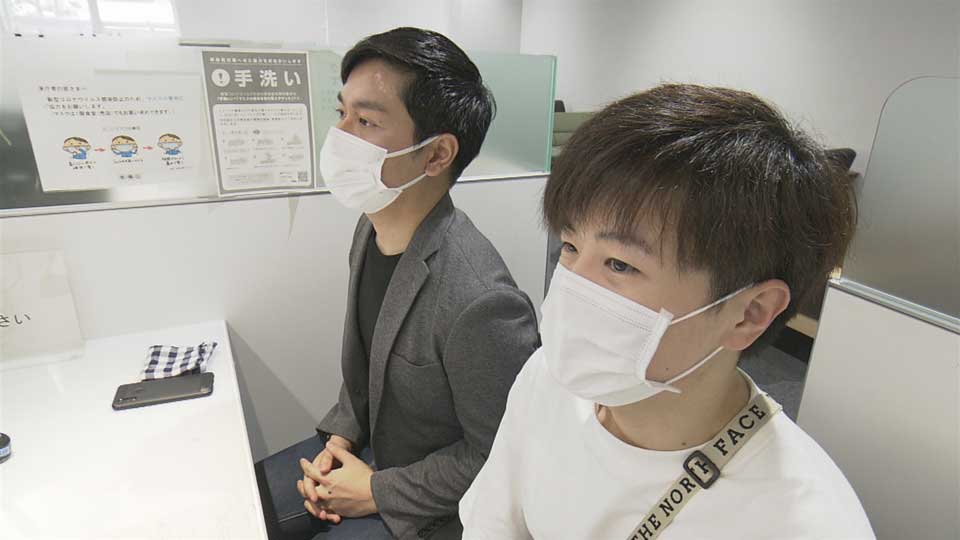
Spreading information through business networks
One thing that sets One Visa's services apart, is its use of an existing business network to get its message out. As many as 750 firms that employ foreign nationals have told their workers about the project. Okamura said he's determined to turn the tough times into an opportunity.
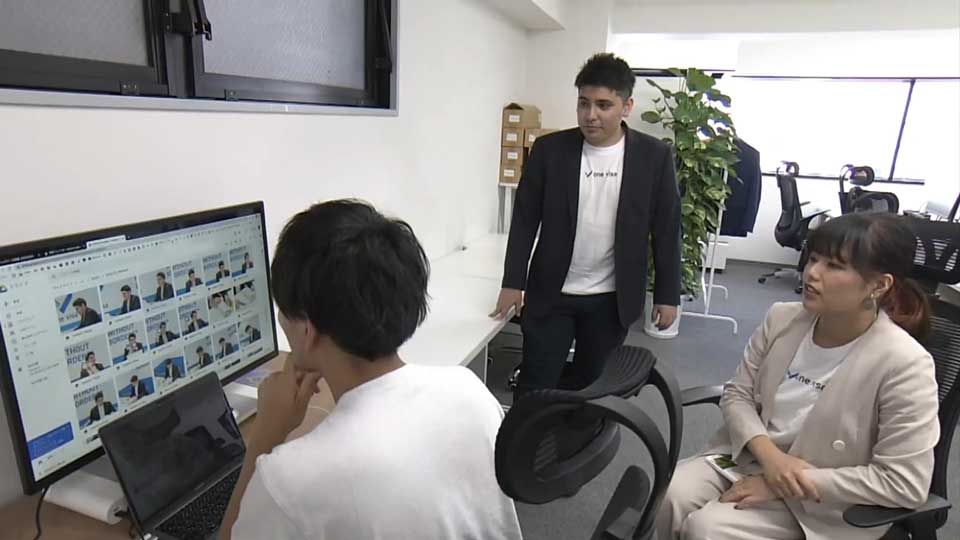
"We've been good at building a support system because we know a lot of people in human resources," Okamura said. "We have a big role in the private sector to create a network that will get the needed information into the hands of our target audience."
Menju of the Japan Center for International Exchange agrees that One Visa has been successful because of its strong networks.
"The company's CEO came from overseas himself, so he knows what information foreigners need," he said. "They know how to reach foreign communities."
Okamura said his company provides these services free of charge, betting that the good publicity will pay off in the long run.
He plans to expand the project by adding more languages. He says it will continue after the pandemic ends, getting vital information to the growing number of foreign residents in Japan.
